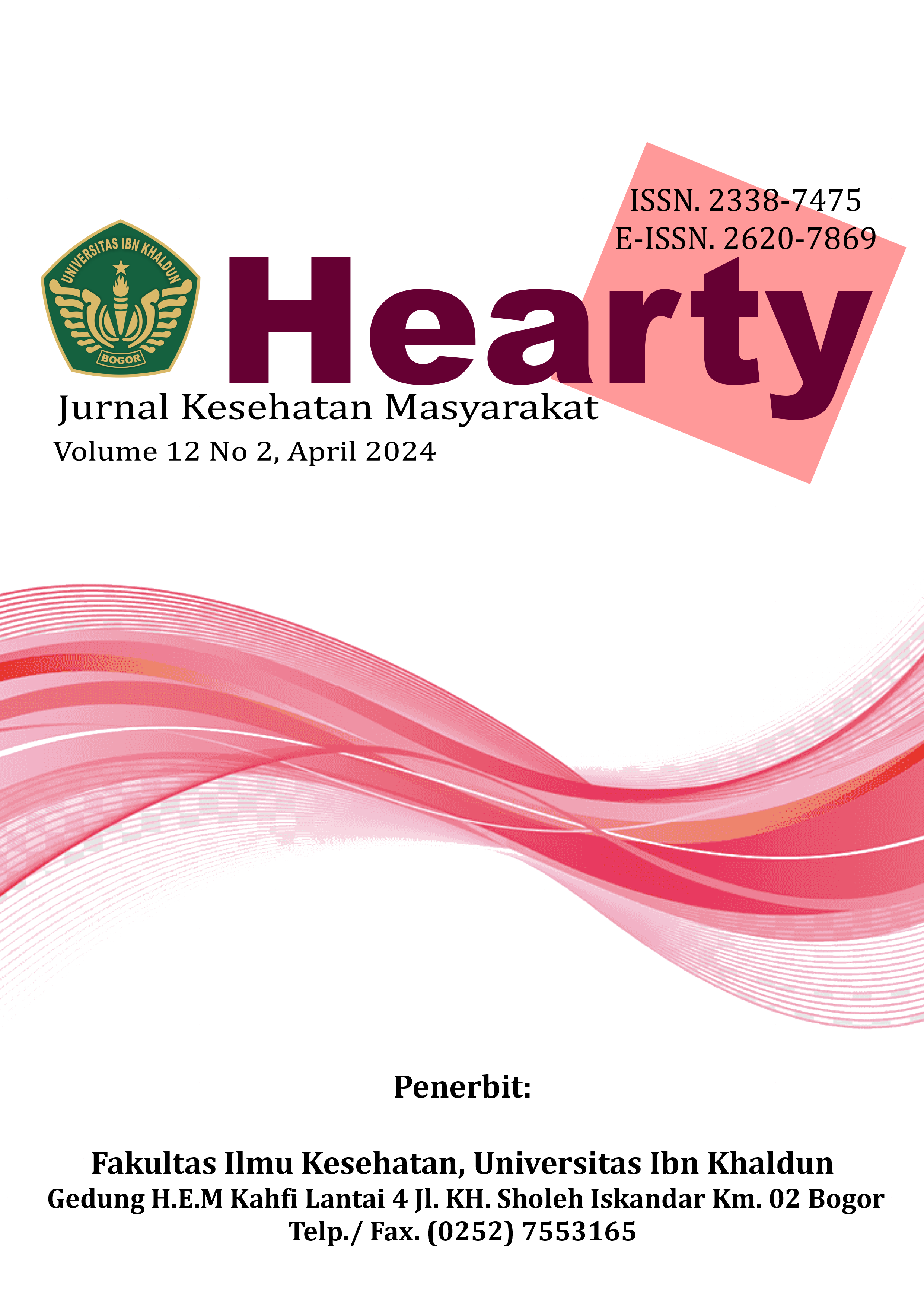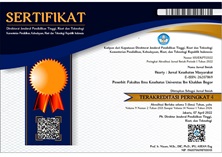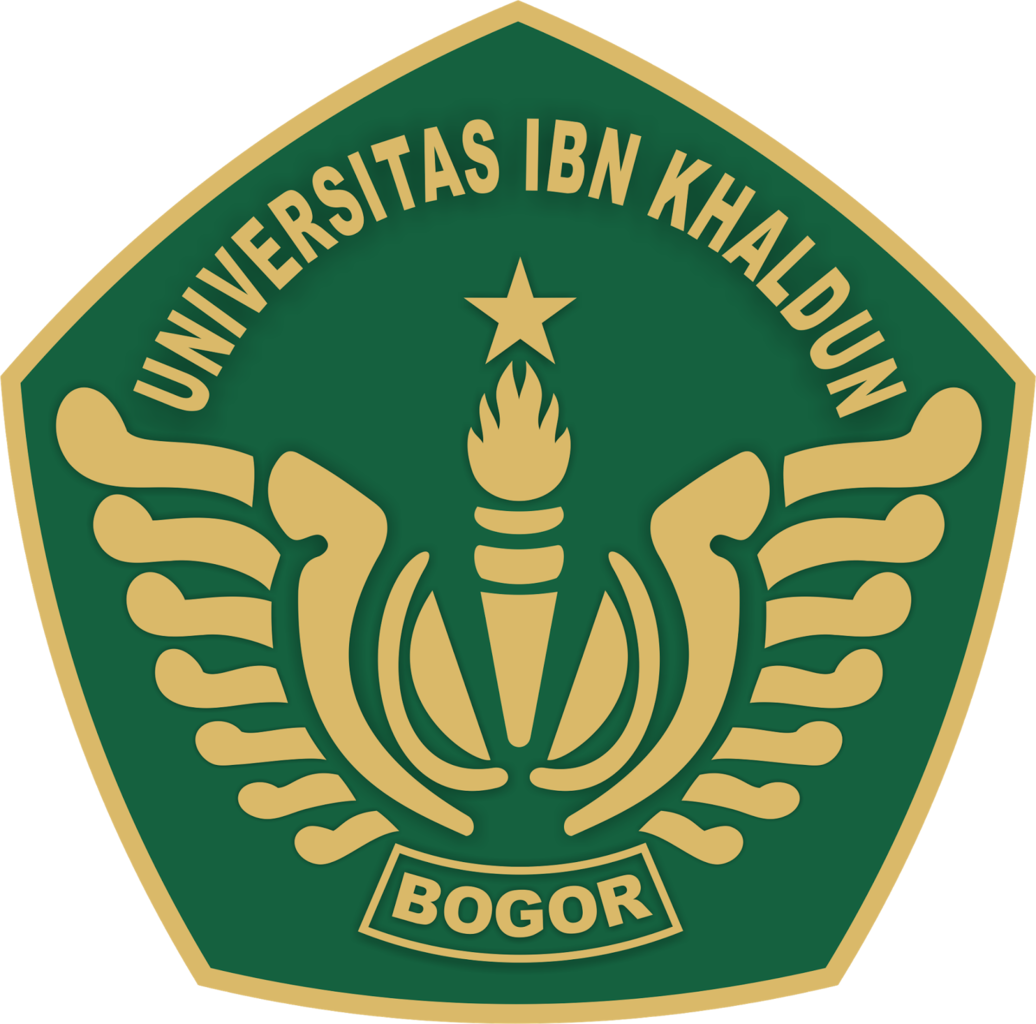FACTORS INHIBITING THE IMPLEMENTATION OF THE OCCUPATIONAL SAFETY AND HEALTH MANAGEMENT SYSTEM (HOSHMS) AT CILEGON CITY REGIONAL HOSPITAL
DOI:
https://doi.org/10.32832/hearty.v12i2.4251Abstract
Hospitals are one of the places that have a risk of occupational diseases and work accidents caused by various dangerous factors. The potential risk of disease or work accidents does not only occur to workers, patients but also to visitors and the community around the hospital. Therefore, hospitals are obliged to implement occupational safety and health through the management of the Hospital Occupational Safety and Health Management System (HOSHMS). This study aims to determine the relationship between inhibiting factors and the implementation of HOSHMS at Cilegon City Regional Hospital in 2023. The population in this study was all 335 nurses with a sample of 88 respondents. The samples were taken with proportional random sampling. The research design used is cross-sectional with chi square test at the level of significance (CI=95%, α=5%). The research data was collected through direct interviews using a questionnaire. The results of the analysis showed that there was no relationship between the quality of human resources and the implementation of OSHMS (p-value = 1.000) and no relationship between education and OSH training (p-value = 0.578) with the implementation of HOSHMS. In addition, there was a relationship between data management and OSH information (p value = 0.004) and a relationship between the implementation of law enforcement and the implementation of HOSHMS (p value = 0.012). Hospitals were advised to carry out a continuous OSH monitoring which is carried out in all work units and implement law enforcement more intensively.
References
Adiwiryono, R. (2010). Praktik perilaku hisup bersih dan sehat (PHBS) pada peserta pendidikan anak usai dini di kecamatan Koja Jakarta Utara.
Depkes RI. (2012). Publikasi Data dan Informasi.
Evayanti. (2012). persepsi siswa SMP dalam penerapan PHBS tatana sekolah di kelurahan Tugu dan Pasir Gunung Selatan Kota Depok.
Green, L. (1980). Helath education: A diagnosis apporoach, . The John Hopkins University: Mayfiled Publishing Co.
Hanim, L. (2011). buku ajar manajeman ASI ekslusif enam bulan pada penderita tuberkulosis. Surakarta: UNS Press.
Kemenkes RI. (2011). Buletin jendela data dan informasi kesehatan. Jakarta: kementerian Kesehatan RI.
Kemenkes RI. (2014). Profil Kesehatan Indonesia tahun 2014. Jakarta: Kementerian Kesehatan RI.
Kemenkes RI. (2017). Profl kesehatan Indonesia tahun 2017. Jakarta: Kamenterian Kesehatan RI.
Kemenkopmk. (2014). profil kesehatan Indonesia.
Latifah, N. &. (2014). perilaku hidup bersih dan sehat pada anak SD di Kota Bekasi. JUrnal Ilmiah kesehatan.
Maryunani. (2012). inisiasi manyusui dini, ASI ekslusif dan manjemen laktasi. Jakarta: CV. Trans Info Media.
Notoadmojo, S. (2012). Ilmu Kesehatan Masyarakat. Jakarta: Rineka Cipta.
Proverawati, A. &. (2012). Perilaku Hidup Bersih dan Sehat. Yogyakarta: Nuha Medika.
Rikesdes Banten. (2013). Profil Kesehatan Provinsi Banten. Banten.
Selviana, P. G. (2018). determinan perilaku hidup bersih dan sehat pada siswa SD Muhammadiyah ! dan # di kota Pontianak. jurnal publikasi kesehatan masyarakat Indonesia.
Setyowati, L. d. (2016). faktor-faktor yang mempengaruhi kualitas laporan keuangan pemerintah kota semarang.
Skinner. (1938). Ilmu Kesehatan Masyarakat. Jakarta: Rineka Cipta.
Suryani, D. (2017). faktor-faktor yang mempengaruhi hidup bersih dan sehat SDN 37 Kecamatan Tampan Kota Pekanbaru.
WHO. (2009). Diarhorreal Disese.
Wiarto, G. (2012). Budaya Hidup Sehat. Yogyakarta: Graha Ilmu.
























